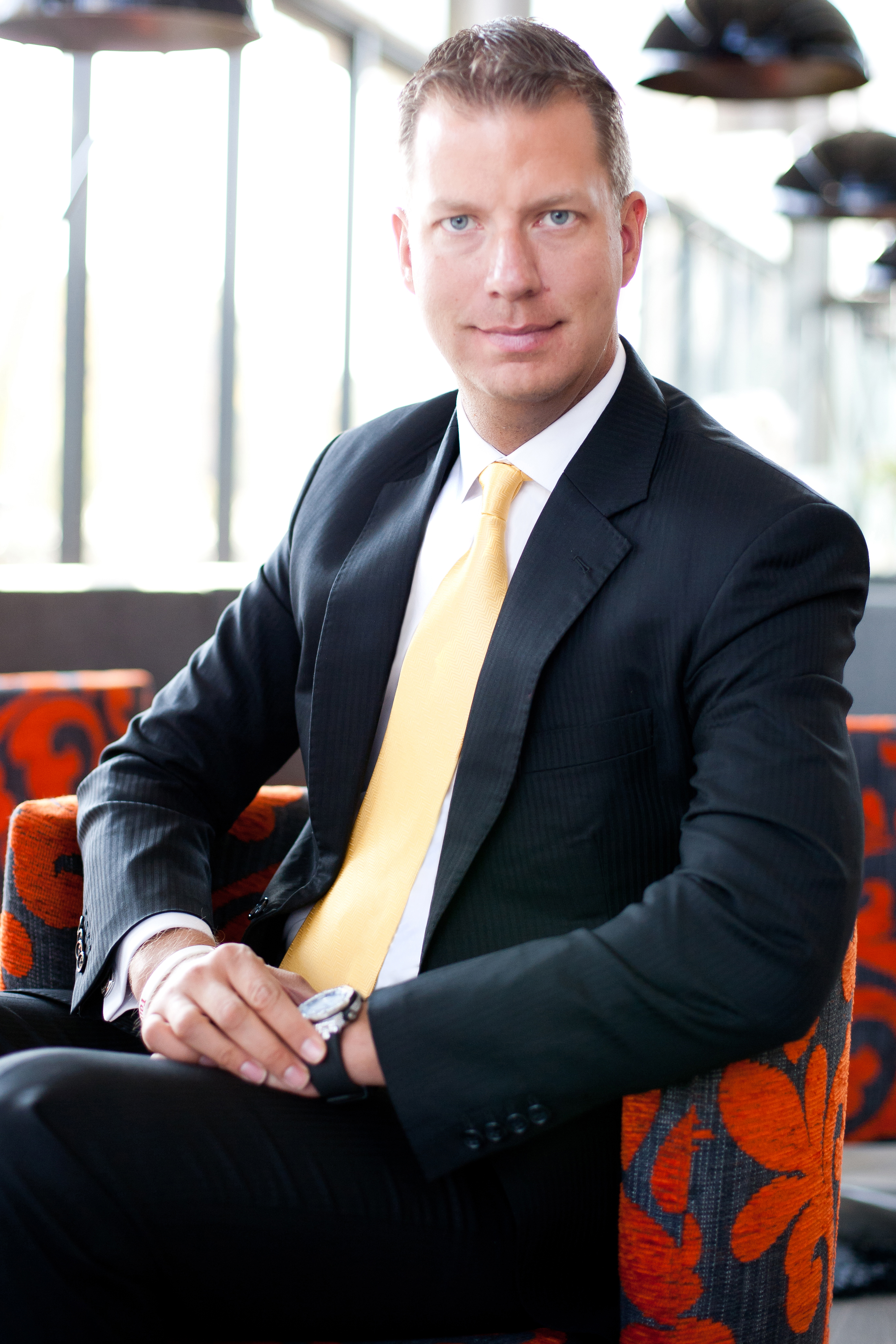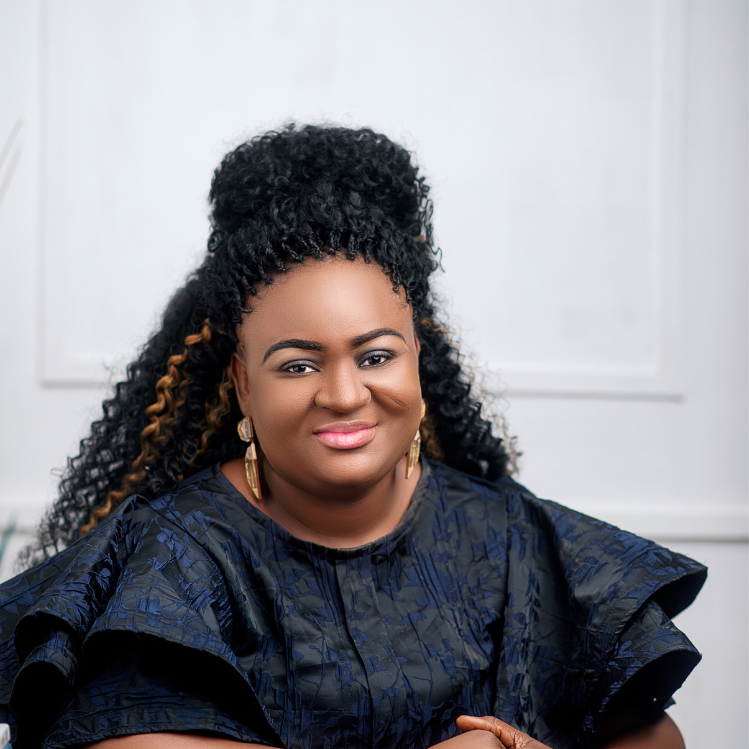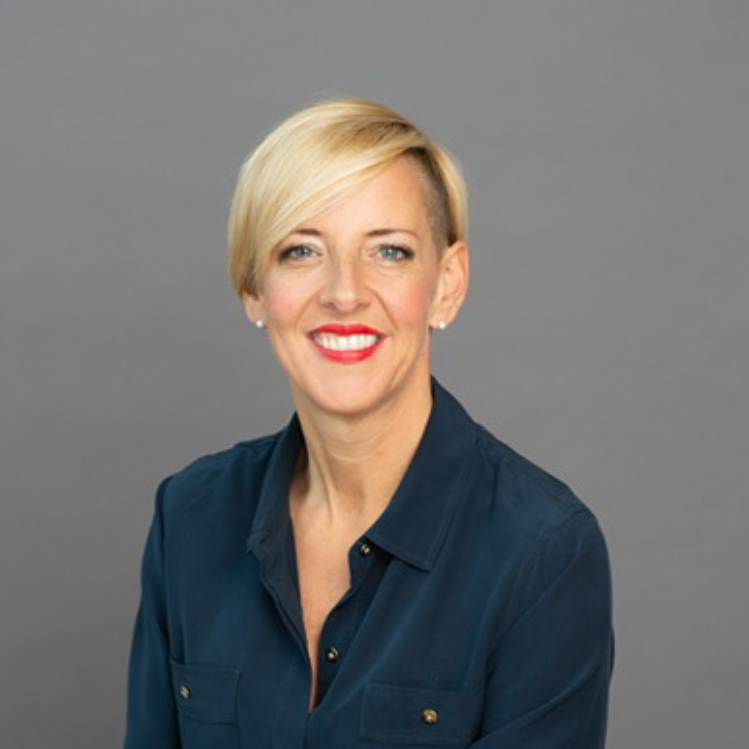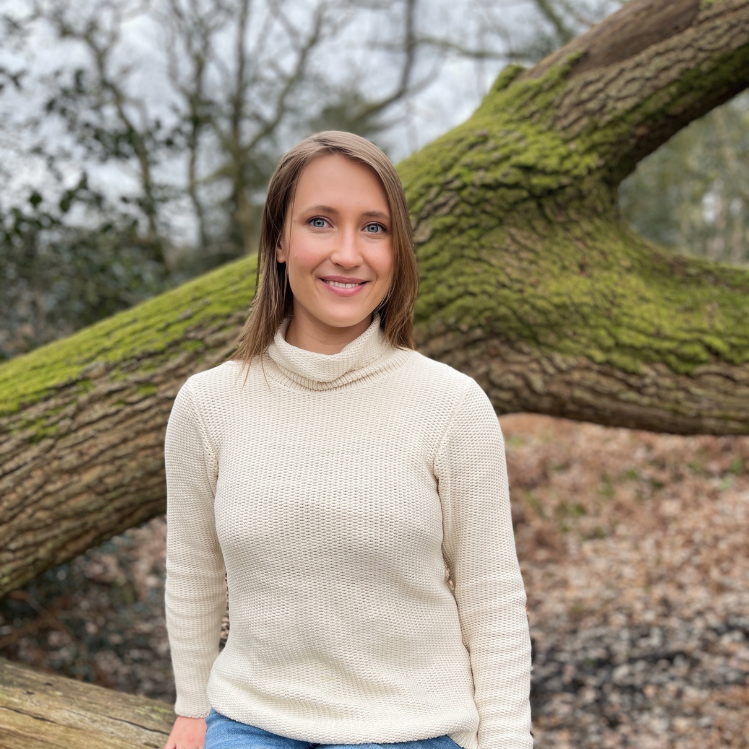
JT Foxx: Women make far better entrepreneurs than men
JT Foxx: Women make far better entrepreneurs than men
By Katharine Wright
JT Foxx started out as an entrepreneur with less than one thousand dollars to his name and became a millionaire by the age of 24. He has over 50 companies and does a variety of business deals and speaking events all over the world, establishing himself as the world’s number one wealth coach. His efforts, now including his book Millionaire Underdog, which is available for pre-order, aid other people in learning how to grow and become successful in their own business endeavours. JT Foxx’s coaching, conferences, and philanthropy help other people reach new heights in their personal and professional lives. Global Woman interviewed him about women in business, how he broke through in so many businesses, and how he’s helping other people accomplish their goals.
How do you feel about being featured in a magazine that focuses on women?
I fully believe that women make excellent business owners and are essential to business, so I am so happy to support and encourage women to live up to their potential.
You’ve said that women are often better entrepreneurs than men. What prompted this opinion?
Years of experience. I have been involved in a lot of different businesses around the world, and women continue to really be some of the most amazing entrepreneurs. When a woman knows what and why she is doing it all, usually she will be more driven than any man. Women don’t let ego get in the way and are almost always better at building and nurturing relationships. They also seem to have this great sense of intuition and instinct that can really help guide them. Those are the things that you need to become a successful entrepreneur.
You’ve been compared to Steve Jobs by none other than Apple’s Co-founder Steve Wozniak. How did you build that reputation and connect with some of the most powerful businesspeople in the world?
I have always led with the questions “What can I do for the other person?” “How can I help them?” and “What can I bring to the table that is useful for them?” When you make it about yourself, you aren’t going to get very far… that’s with anyone, not just powerful people. However, if you come into the situation with “How can I help them?” they will want to help you in return. Maybe it’s through charity, a special project, a special introduction, or connection.
My Coach Nido has always worked with me to think this way and ironically had always wanted “Woz” to speak at High Point. When I had the opportunity to meet “Woz” I made that connection so he could speak at High Point. It works the same in any relationship, whether it’s business or personal. Women are usually better at that line of thinking than men are. There comes a point, however, when you have delivered value, to turn around and ask for what you want. If there is something that women can work on, that would be it. It’s not a negative attribute, just more challenging for women. Men go right in asking for the close, and women sometimes aren’t sure when to go for it. The strategy men use is by no means the better strategy at all. That’s why when a woman understands the balance of connection and relationship building and asks for what she wants… she’s unstoppable.
Men go right in asking for the close, and women sometimes aren’t sure when to go for it.
One of things that’s so amazing about your career is that you started with nothing and achieved success so quickly. Where did you overcome the odds and find the confidence that you needed to be successful?
You might think it was quickly, but it did take time and a lot of work. I just started really young so it seems like it came really quickly. A lot of the people I work with now are achieving success much faster than I did because they are able to learn from my mistakes. I now have years of coaching advice and experience that I didn’t get when I first started.
What did make me successful when I first started, though, was the fact that I felt like I had no other option than to become successful. Most people didn’t believe in me or thought that I would ever make it, which gave me the urge to want to prove everyone wrong. Feeling like I didn’t have any other option made me work incredibly hard and allowed me to never give up. I still work incredibly hard and never give up, but now I can work where I want to and when I want to.
From experience and coaching, I have become nicer and more relaxed, but I am still very guarded and am very careful about who I let into my business and my life.
For a long time, the confidence I needed was a chip on my shoulder that I was carrying around, and I didn’t take anything from anyone. From experience and coaching, I have become nicer and more relaxed, but I am still very guarded and am very careful about who I let into my business and my life.
How does success in a person’s personal life and professional life intersect? How does this relate to your experience discovering your calling?
For most of my childhood, I was not the cool kid. This was at a time when society didn’t really talk about bullying. Looking back, I was clearly a kid that was bullied and made fun of. That experience led me to want to prove everyone wrong and I refused to believe that I wasn’t worth anything. That was my driving factor and motivation to be successful and is why I think I still want to work so hard and am always looking for new opportunities.
Once I started becoming successful, I wanted to start helping others. I have gotten involved with multiple children’s charities and groups to help be that inspiration and person who believes in them. I didn’t feel like I had that as a child, so I want to make sure other kids have someone who encourages and believes in them.
You seem to have experience in nearly everything business-related. How and, perhaps more importantly, why did you get started in so many different businesses at the same time?
A few reasons; the challenge, to diversify, and because there were good opportunities available. Getting started in real estate segues to a lot of other related businesses, so it just made sense. When you do a lot of real estate, you become very good at analysing the numbers and not making it personal. In business, it all works the same way, which comes down to the numbers. So as other opportunities came my way, I already had a process of looking at the numbers and making a decision from there. If the numbers don’t make sense and you can’t make a change in the business to make them make sense, it won’t work out. So I do think having that process really helped a lot.
My coach Mark Norcross has also helped me to get an even better understanding of numbers in business and to always know and have access to the numbers. Now I have either partner with people who have a great idea, or come up with an idea, and pass it off to the person on my team who will then do all the research, put the numbers together, do an analysis, and determine if we should move forward or not.
Not everything we do works perfectly, but we always know our numbers and whether something is worth it or not.
Not everything we do works perfectly, but we always know our numbers and whether something is worth it or not. That is really how I am able to expand into many different opportunities, and I have some really great people on my team who can think just like me when I need them to.
You’ve hosted a variety of events for connecting and coaching entrepreneurs. What is the number one thing you want people who attend your conferences to take away from the experience?
That they can do it. This is the first thing that a lot of people need to know. They can do it and the money, time, and experience are not excuses to not do something. People also need to understand that they need to have a coach or someone who can guide them through challenges or new situations they aren’t ready for, as well as someone who they can bounce ideas off of. Once I started getting business coaching, it made the biggest change in my business. I give so much information and guidance in my workshops and conferences but when someone is able to have ongoing help, it’s a great investment for their business.
The money, time, and experience are not excuses to not do something.
One other big takeaway is to just get out there and implement. I always talk about speed of implementation…if you have an idea, make it happen. Maybe it’s not a great idea or maybe it won’t work, but the quicker you do it, the faster you know and can move on to the next thing. A lot of people spend a lot of time contemplating on ideas instead of just taking action and going for it.
You’ve also spent a lot of time coaching in Africa. Tell us about your efforts there and why you chose South Africa as the place you wanted to go to for teaching business skills.
I think there was a mutual agreement between me choosing South Africa, and South Africa choosing me. I was hesitant to go there, and wasn’t sure what to expect… but I really fell in love with it. There is a large group of entrepreneurs who need guidance and a push to believe in themselves to make it happen. Among the many other places I feel very passionate about, I feel that Scandinavia too, has so much opportunity and potential for so many people to make their visions happen You are regarded as the leading wealth coach and speaker in the world. How did you gain global experience and what has all of your travel taught you about the global marketplace?
The key is that business principles are the same everywhere. Numbers are numbers and the numbers never lie.
The key is that business principles are the same everywhere. Numbers are numbers and the numbers never lie. What changes is the way people do business. There are different cultures and customs that people follow which is what you have to be prepared for. Once you understand the different ways that different cultures do business, you really can become unstoppable. All of my travelling has helped me develop an understanding of how different people in different areas of the world do business. The thing is that the global marketplace really isn’t as big and overwhelming as people think it to be.
You’ve said before that women are driving entrepreneurship all over the world, but they still face many challenges in the workforce. In your experience, especially in Africa, how is the traditional narrative of gender stereotypes in business confronted, and what changes are occurring for women professionally?
The biggest challenge that women face anywhere in the world, is purely lack of confidence. Women have come such a long way in the business world, but there are still people out there who aren’t with the times and don’t see a woman as a business owner. I personally think these people are crazy, but regardless, it hurts the confidence of women entrepreneurs, which to me is the worst thing that can happen.
The biggest challenge that women face anywhere in the world, is purely lack of confidence.
As I have said before, women make far better entrepreneurs and business owners than men. They just need to understand that and realise it as much as I do. A woman’s place isn’t just as a stay-at-home mom anymore. She can still be a mother and run a household, but can also shape her own future and run a business or two in the process. The future is what she wants to make it as long as she believes in herself and doesn’t let someone else’s opinion matter.
You’ve taken a serious interest in philanthropy as well. What causes are most important to you and why are your philanthropic efforts such a large part of your influence?
When it comes to philanthropy, I have to give a lot of credit to my coach George Ross who has really opened my eyes to giving back. He does so much for charity which really made me realise that I need to start doing more. I have gotten involved with multiple children charities and projects around the world. I would love to see a world where all children are given a fair shot. Children are our future and I want to do what I can to help as many children as possible.
After doing so many things, and with surely more to come, what do you ultimately wish to leave as your legacy?
I hope to help change as many people’s lives as I possibly can. I don’t want to be known as a millionaire or billionaire. I want to be known as the person who helped a million people become millionaires, the person who gave back to charity, and the person who made an impact on people’s lives.
What advice do you have for entrepreneurs who are just starting off building their businesses?
Find a coach, or at the very least, a mentor who can help you through challenges along the way. Don’t give up. There are going to be hard and challenging times, but you can’t give up on yourself. Don’t be afraid to take action and just go for it. Always be building your personal brand along with your business brand, and remember that you are going to have to keep changing and throwing the box away at each level in order to get to the next level. What got you to where you are now isn’t going to be what will get you to the next level. So always be ready to innovate and change, because how you change is how you succeed.







